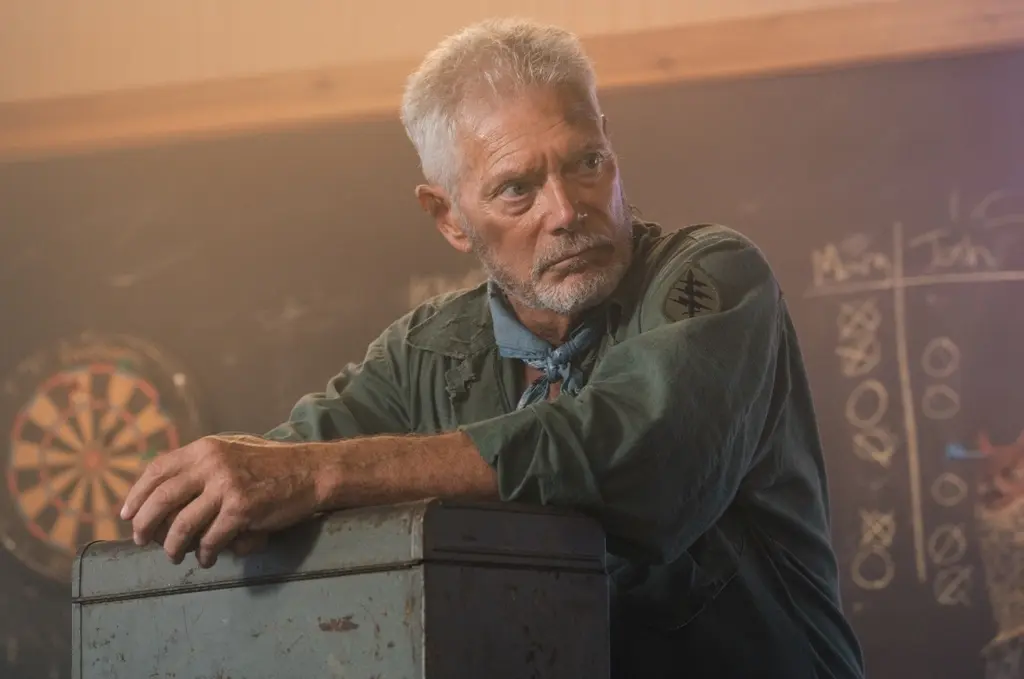PG | 1h 33min | Drama, Mystery, Comedy | 10 February 1977 (USA)
At about the halfway point in “The Late Show,” Margo (Lily Tomlin) suggests to Ira (Art Carney) that they form a business partnership akin to that of “Nick and Nora.” Ira doesn’t get the reference and Margo clarifies it by saying they were the lead characters in “The Thin Man” franchise of detective flicks starring William Powel and Myrna Loy.





